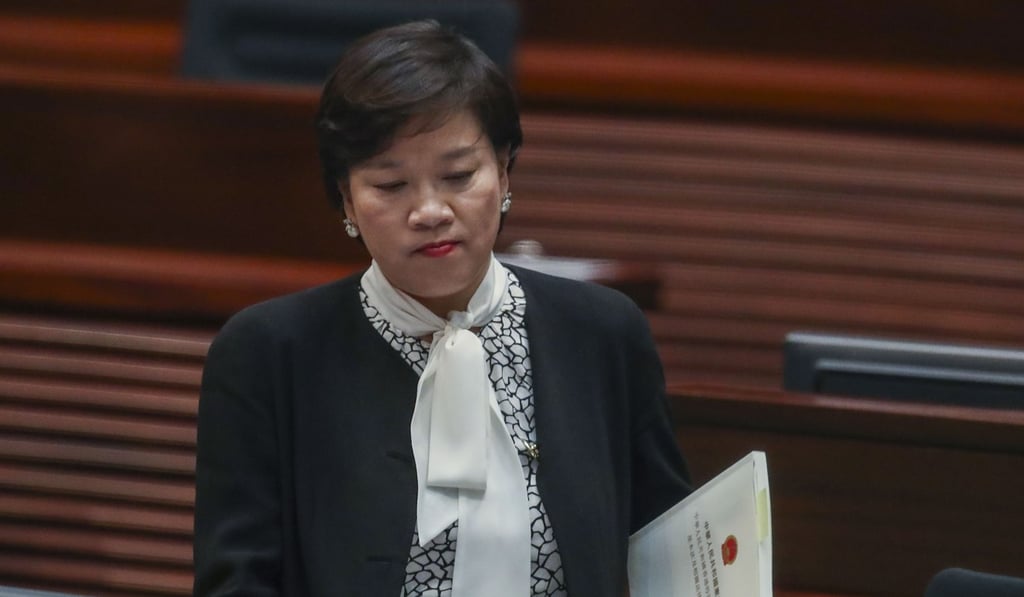Pro-Beijing politicians rail against liberal studies, the Hong Kong school subject that ‘politicises teens’
- A review of the city’s curriculum recommended liberal studies remain compulsory
- That did not please pro-Beijing politicians, who say it is to blame for recent clashes between police and extradition bill protesters

The decision to keep liberal studies compulsory for all upper secondary school pupils has drawn the ire of pro-establishment politicians, who blame the subject for politicising young people, including encouraging them to participate in the recent extradition bill protests.
There were suggestions the hotly debated subject was on the chopping block last year, but it survived and should remain a mandatory subject on the Diploma of Secondary Education exam, according to the recommendation of a government-tasked panel reviewing the city’s curriculum.
Nine pro-establishment legislators issued a statement on Friday saying they were “extremely disappointed” with the task force’s recommendations that liberal studies not be abolished or made optional. They said there had been strong support for making it an elective.
One of the nine, Business and Professionals Alliance for Hong Kong lawmaker Priscilla Leung Mei-fun, said the current liberal studies curriculum in secondary schools was to blame for recent violent clashes between the police and young protesters decrying the government’s now-suspended extradition legislation.

She said the youngsters’ actions had “aroused widespread concern among the public”.